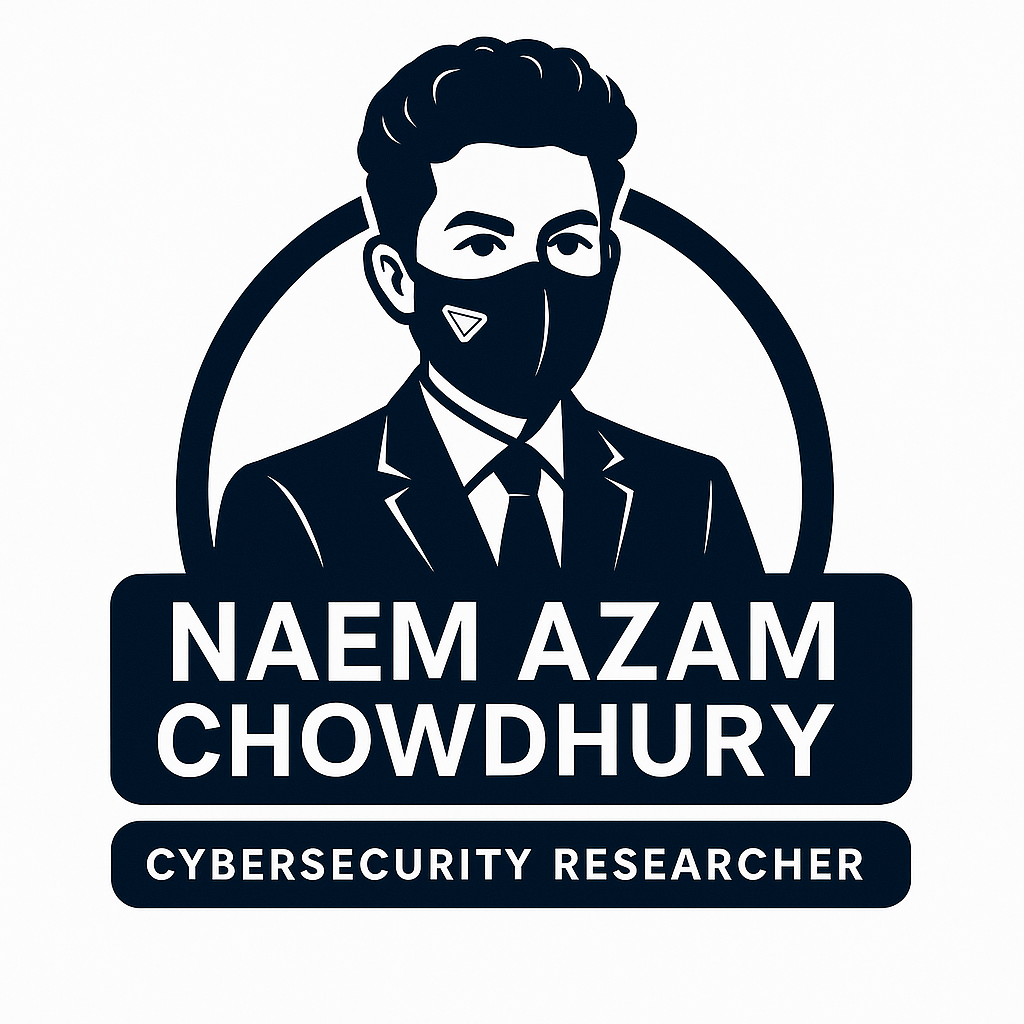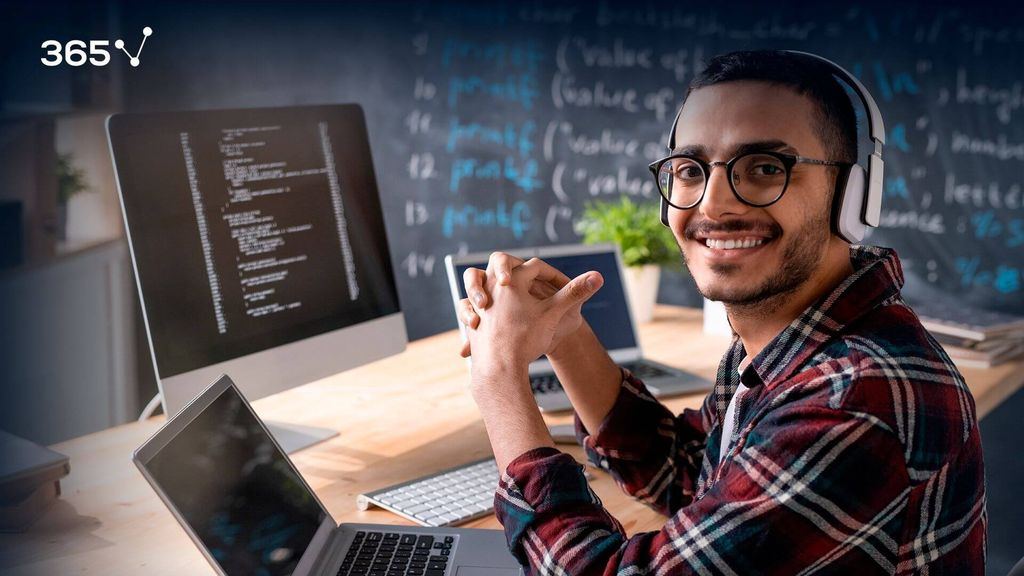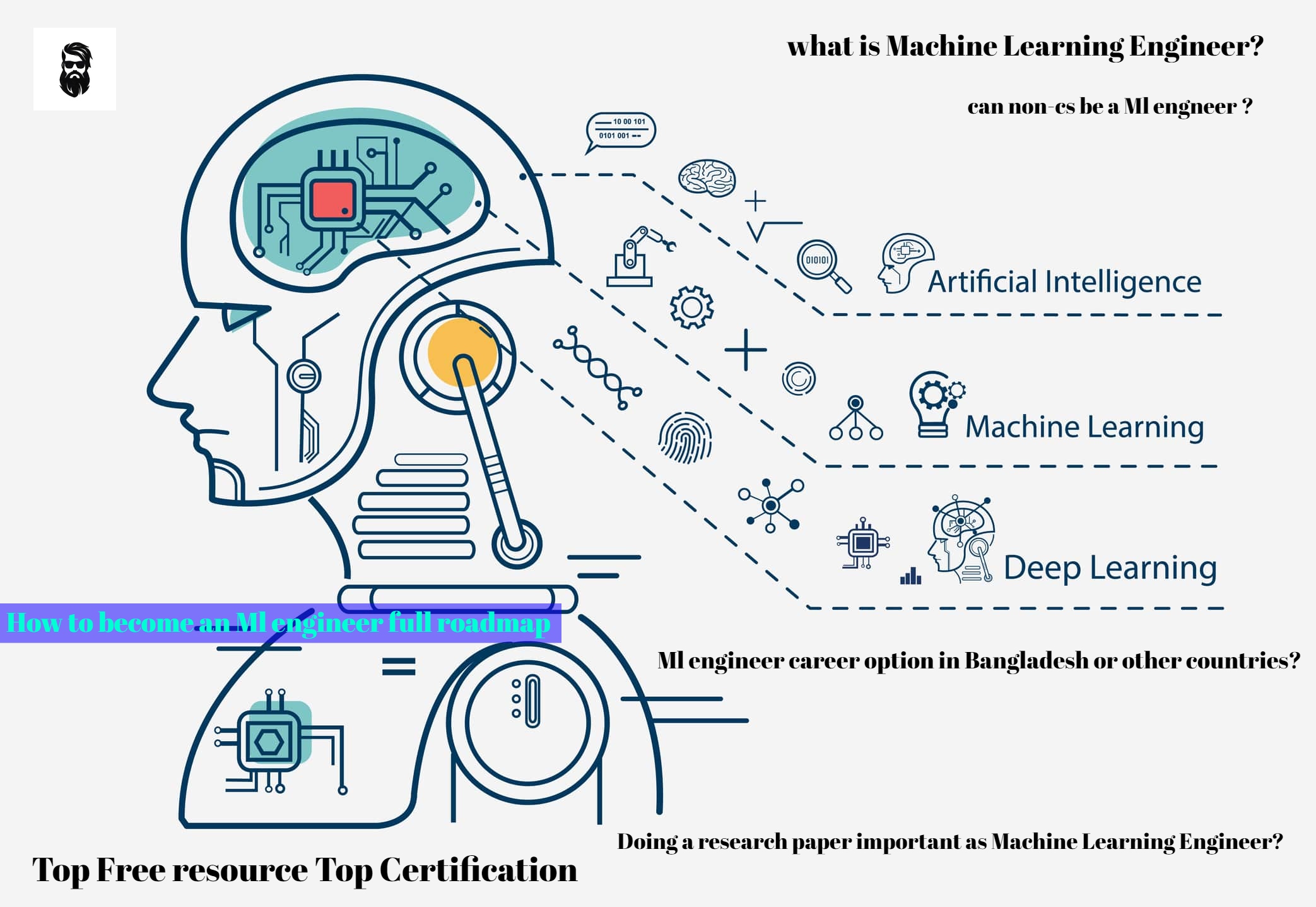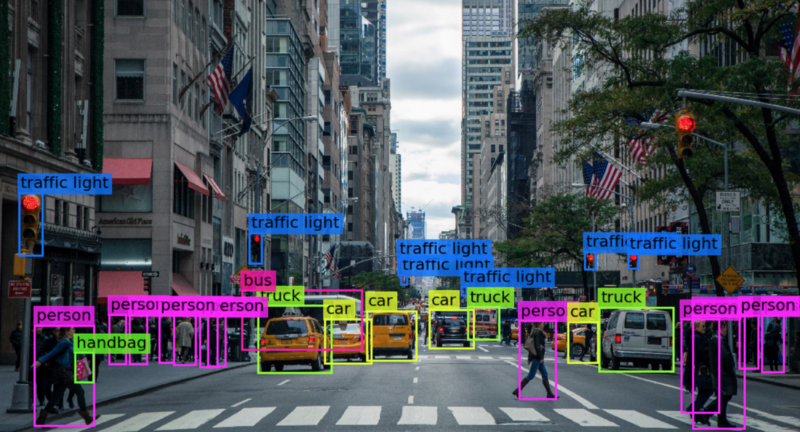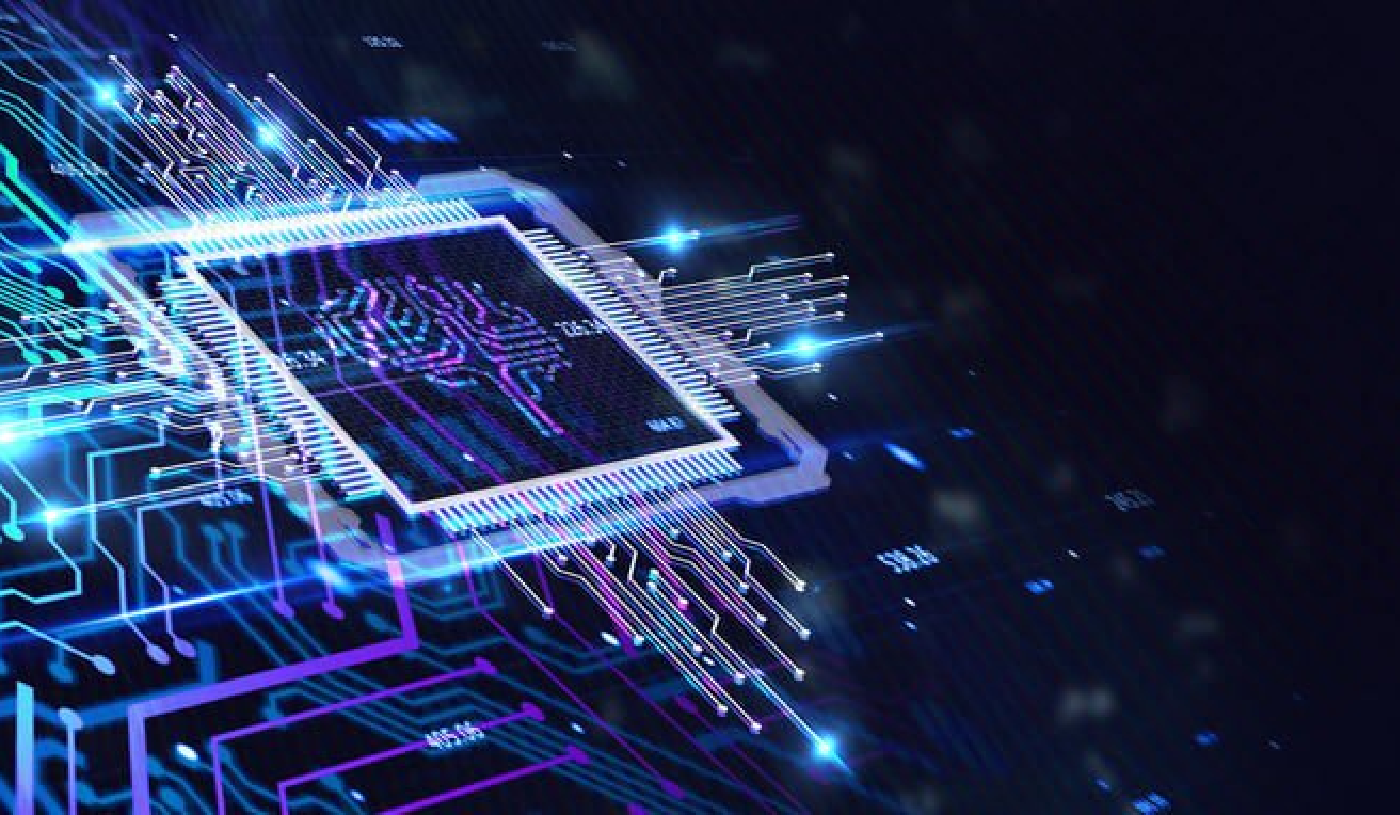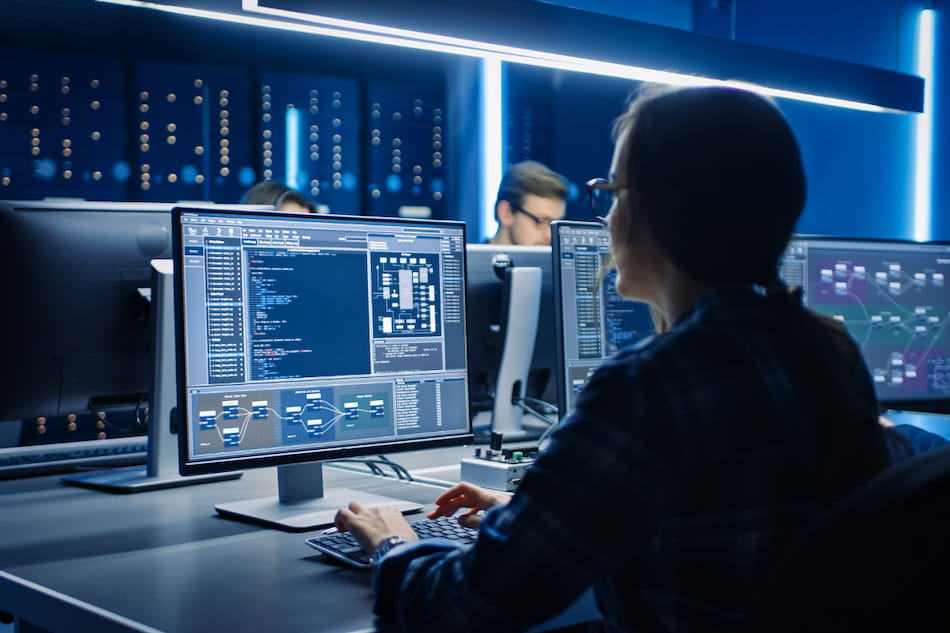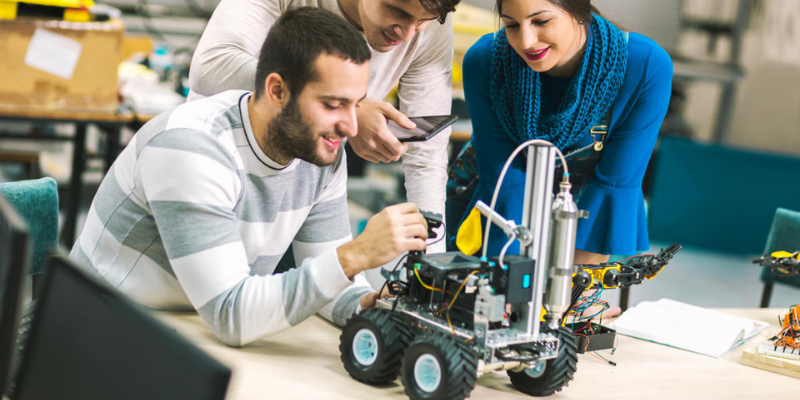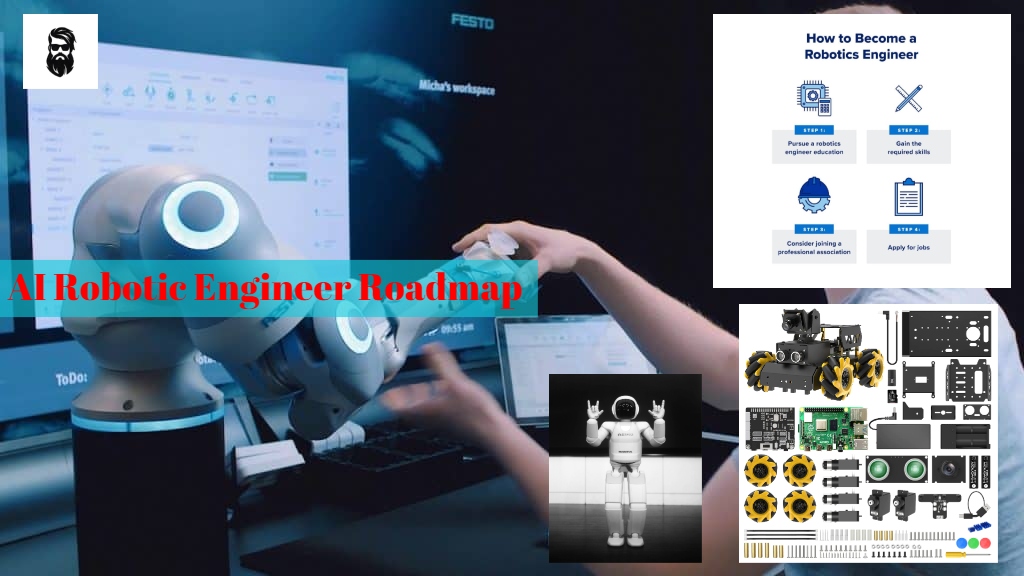How to be a Blockchain Developer Full Guideline
A Blockchain Developer is a software developer who specializes in the design, development, and implementation of decentralized applications (dApps) and systems using blockchain technology. They have expertise in programming languages like Solidity, JavaScript, Go, etc. and understand the underlying concepts of decentralized systems, cryptography, and consensus algorithms. The main focus of a blockchain developer is to build secure, scalable, and decentralized applications that can run on a blockchain network.
is becoming Blockchain Developer a good career option?
Becoming a Blockchain Developer can be a good career option, especially as blockchain technology continues to grow and gain more mainstream adoption. Blockchain has the potential to revolutionize many industries, such as finance, healthcare, supply chain, and more, and the demand for skilled blockchain developers is likely to increase in the coming years.
Moreover, a career as a Blockchain Developer can be financially rewarding, as they are currently in high demand, and salaries for these professionals are often competitive.
However, it is important to note that becoming a Blockchain Developer requires a significant investment of time and effort to gain the necessary skills and knowledge. Additionally, the field is constantly evolving, so it requires a commitment to ongoing learning and professional development.
Overall, if you are interested in blockchain technology and have a passion for software development, pursuing a career as a Blockchain Developer could be a good choice for you.
how many kinds of Blockchain Developers?
There are several types of Blockchain Developers, each with their own specific areas of expertise. Here are a few common types:
- Smart Contract Developer: A Smart Contract Developer specializes in writing and deploying smart contracts on blockchain networks. They have a deep understanding of programming languages like Solidity and are familiar with Ethereum, the most popular blockchain platform for smart contract development.
- Protocol Developer: A Protocol Developer is responsible for developing and maintaining the underlying protocols that power blockchain networks. They work with consensus algorithms, cryptographic protocols, and network protocols to ensure the security and efficiency of the blockchain.
- dApp Developer: A dApp (decentralized application) Developer specializes in developing decentralized applications that run on blockchain networks. They are skilled in programming languages like Solidity, and have experience building decentralized applications for various use cases.
- Blockchain Architect: A Blockchain Architect is responsible for designing and building the underlying architecture of blockchain networks. They are skilled in blockchain protocols, distributed systems, and network architecture, and are responsible for ensuring the scalability and security of the blockchain.
- Blockchain Consultant: A Blockchain Consultant provides strategic advice and guidance to businesses and organizations on how to implement blockchain technology. They are knowledgeable about the various blockchain platforms, use cases, and the potential benefits and challenges of implementing blockchain solutions.
These are just a few examples of the types of Blockchain Developers. As the field continues to evolve, new roles and specializations may emerge.
what we have to learn to become a Blockchain Developer
To become a Blockchain Developer, you will need to have a solid understanding of blockchain technology and the underlying concepts that make it work. Some of the key skills and knowledge areas you will need to acquire include:
- Understanding of Blockchain fundamentals: This includes knowledge of what blockchain is, how it works, and the various components that make up a blockchain system.
- Cryptography: Knowledge of cryptography is essential to understand how blockchain can be secured and how digital signatures work.
- Smart Contract development: Smart contracts are self-executing contracts that run on a blockchain network. Understanding how to write, test and deploy smart contracts is essential for building decentralized applications.
- Programming languages: You will need to learn programming languages such as Solidity, JavaScript, and Go to build applications on the blockchain.
- Blockchain development frameworks: Familiarity with popular blockchain development frameworks such as Ethereum, Hyperledger Fabric, and Corda is important.
- Data structures and algorithms: Knowledge of data structures and algorithms is essential to optimize the performance of blockchain applications.
- Web development: Knowledge of web development is important to build blockchain-based user interfaces.
- DevOps: Familiarity with DevOps tools and practices is important to deploy and manage blockchain applications.
Overall, becoming a Blockchain Developer requires a commitment to ongoing learning and professional development, as the field is constantly evolving.
become a professional roadmap for Blockchain Developer
Here is a roadmap for becoming a professional Blockchain Developer:
- Learn the basics of Blockchain: Start by learning the basics of Blockchain technology, such as how it works, what are the different types of blockchains, and how they differ.
- Learn Cryptography: Cryptography is at the core of Blockchain technology, and so it is important to learn its basics, including digital signatures, hash functions, and encryption techniques.
- Learn Blockchain programming languages: To develop decentralized applications, you need to learn programming languages such as Solidity, JavaScript, and Go. You can start by learning Solidity, which is the programming language for Ethereum.
- Learn Smart Contract development: Smart contracts are an essential component of blockchain applications, and so it is important to learn how to write, test, and deploy them.
- Learn Blockchain Development Frameworks: Familiarize yourself with popular blockchain development frameworks such as Ethereum, Hyperledger Fabric, and Corda.
- Learn DevOps tools: Understanding DevOps tools and practices is important for deploying and managing blockchain applications.
- Build your own Blockchain projects: Practice building your own blockchain projects, such as decentralized applications, smart contracts, and blockchain nodes.
- Participate in Blockchain communities: Join blockchain communities and attend blockchain events to network with other professionals and learn about the latest trends and best practices.
- Keep learning: Blockchain technology is constantly evolving, so it is important to keep learning and stay up to date with the latest developments.
By following this roadmap, you can become a professional Blockchain Developer and build a successful career in this field.
professional certificates became Blockchain Developer
There are several professional certificates that you can earn to become a Blockchain Developer. Here are a few popular options:
- Certified Blockchain Developer (CBD): Offered by the Blockchain Council, this certification is designed to test your proficiency in programming languages such as Solidity, the basics of blockchain technology, and smart contract development.
- Certified Ethereum Developer (CED): This certification, offered by the Ethereum Foundation, is designed to test your proficiency in developing smart contracts and decentralized applications on the Ethereum platform.
- Hyperledger Fabric Administrator (HFA): Offered by the Linux Foundation, this certification is designed to test your proficiency in installing, configuring, and managing Hyperledger Fabric blockchain networks.
- IBM Blockchain Developer: Offered by IBM, this certification is designed to test your proficiency in developing blockchain solutions using the IBM Blockchain Platform.
- Consensys Developer Program: Offered by Consensys, this program is designed to provide you with a comprehensive understanding of Ethereum and blockchain technology, including programming languages, smart contracts, and decentralized applications.
These certifications can help you demonstrate your knowledge and skills in blockchain development, and may improve your chances of getting hired for blockchain-related jobs. However, it is important to note that practical experience and building real-world projects are equally important for becoming a successful Blockchain Developer.
a free resource for learning Blockchain Developer
There are many free resources available to learn Blockchain Development. Here are a few options:
- Blockchain courses on Coursera and edX: Both Coursera and edX offer free online courses on Blockchain technology and development. These courses are taught by experts in the field and cover topics such as the basics of blockchain, smart contract development, and blockchain platforms like Ethereum and Hyperledger.
- Blockchain tutorials on YouTube: There are many free tutorials on YouTube that cover various aspects of Blockchain technology, including smart contract development, decentralized application (dApp) development, and blockchain programming languages like Solidity.
- Blockchain documentation and guides: Many blockchain platforms like Ethereum and Hyperledger have extensive documentation and guides available online. These resources can help you learn the basics of the platform, as well as how to develop and deploy smart contracts and decentralized applications.
- Open-source blockchain projects: There are many open-source blockchain projects available on platforms like GitHub. Contributing to these projects can help you gain practical experience in blockchain development.
- Online communities: There are many online communities dedicated to Blockchain technology and development, such as r/ethdev on Reddit, the Ethereum Stack Exchange, and the Hyperledger forums. These communities can be great resources for asking questions, getting feedback, and networking with other developers in the field.
These are just a few examples of the many free resources available to learn Blockchain Development. By taking advantage of these resources, you can gain the knowledge and skills needed to become a successful Blockchain Developer.
